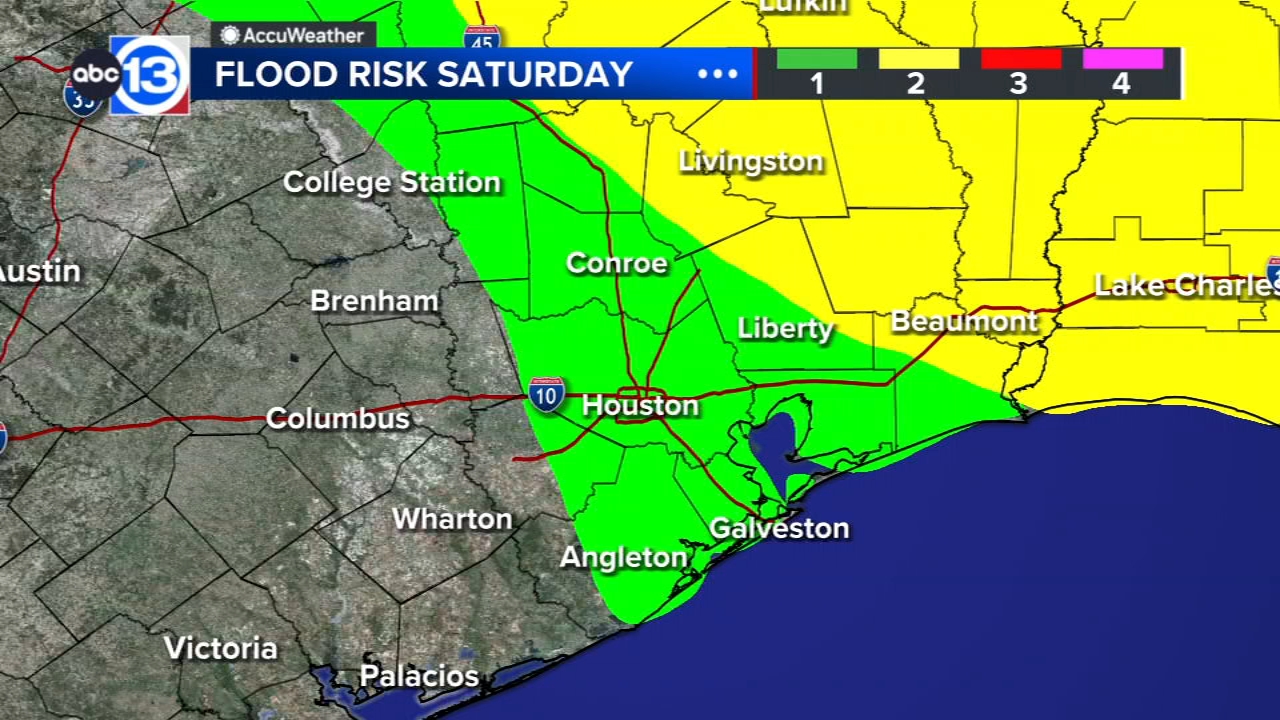Black cowboys remember fight for their spot at rodeo


HOUSTON (KTRK) -- Rodeo life wasn't always welcoming or easy for African Americans in southeast Texas. In the late 1960s and early 1970s, cowboys of color often faced outright discrimination.
We caught up with some who helped moved the rodeo community forward and fought for change, among them is Larry Callies. He told us it wasn't about being a trail blazer. He just wanted to participate in the events.
Callies recalled a time when black cowboys were forced to ride after the rodeo. He explained it sometimes he couldn't even compete in some parts of the state.
"There were a lot of places I couldn't even ride when I was in high school and that was in Wharton, in Wharton County. They wouldn't let me ride in Wharton. I had to go to West Columbia," said Callies.
"When I started riding in the 70s, I had to send a picture. I asked my mom and said, 'Why do I have to send a picture?' She said, 'You don't know why? They want to know whether you're black or white.' When I had to send a picture, I didn't get into that rodeo."
Callies said often people do not realize the historic significance of the cowboy and African Americans.
"The black cowboy was the first cowboy. The word cowboy came from slaves. There was a house boy, a yard boy, and then a cowboy. He was the one who worked the cows. It was called a cowboy," said Callies.
"Black history isn't just black history. It's American history. It's something that needs to be told and not just to sweep it under the rug or let it go."










